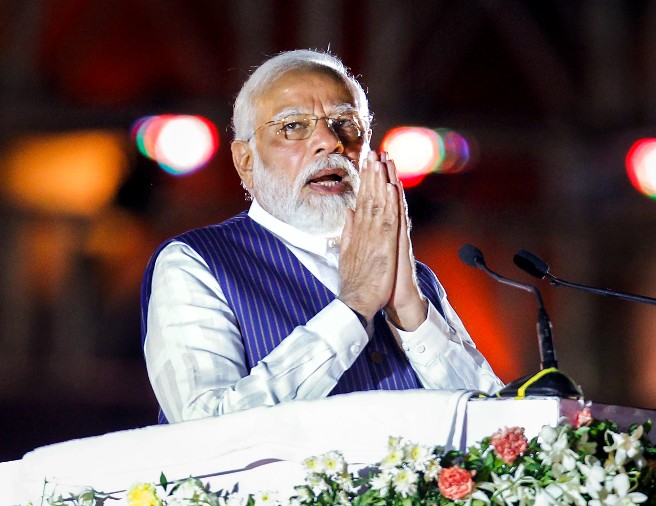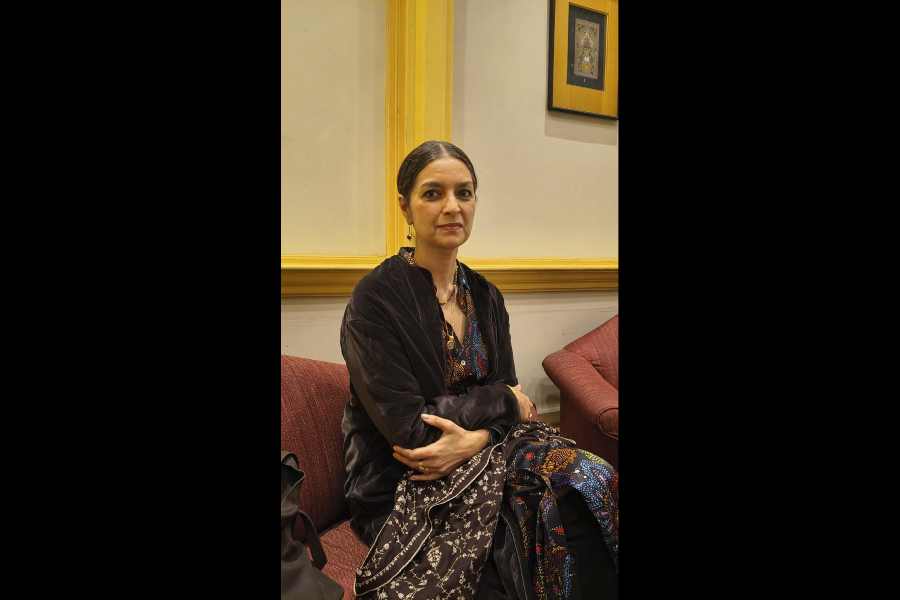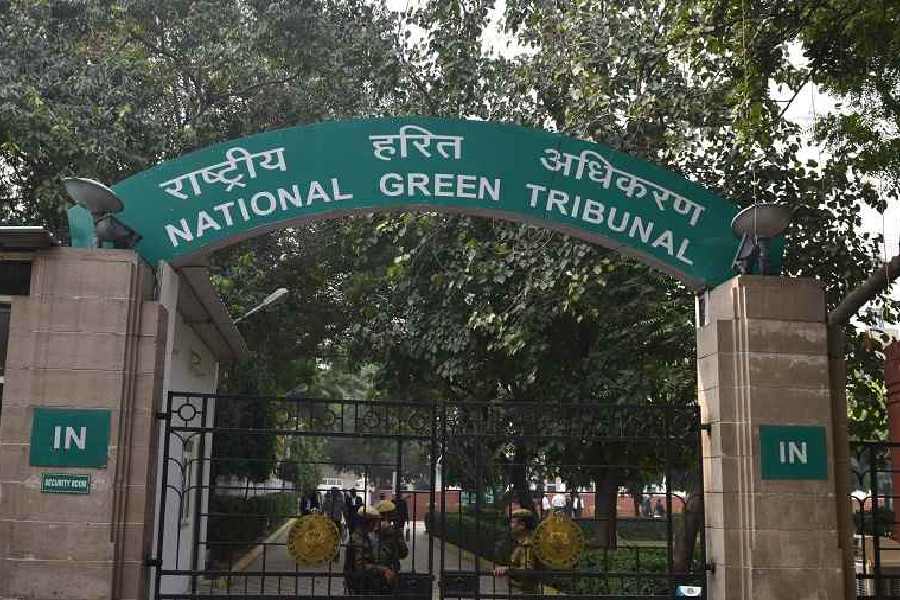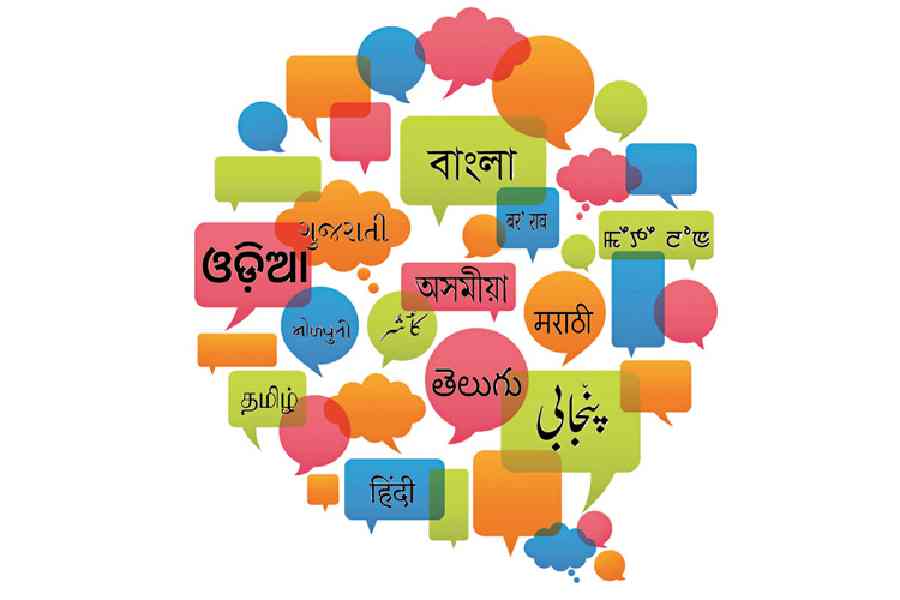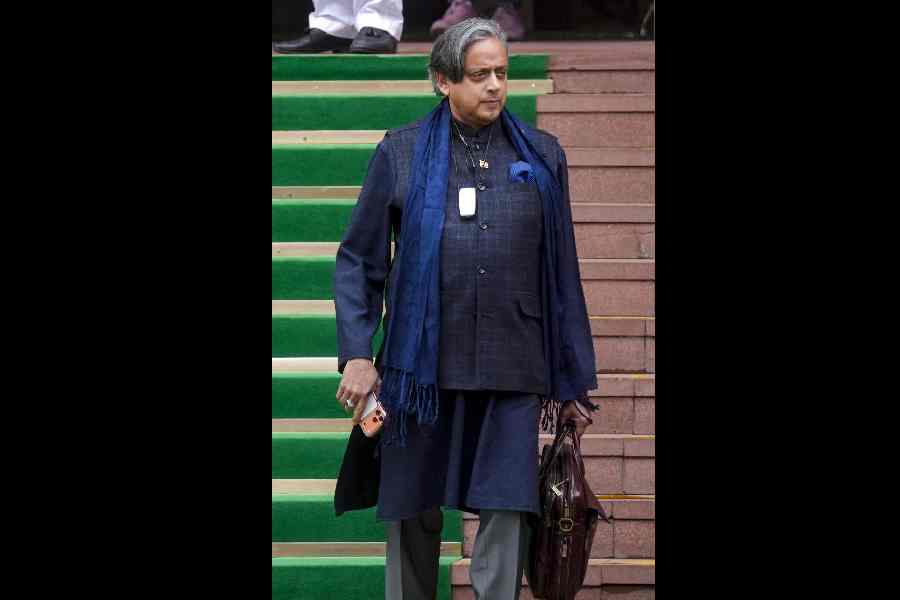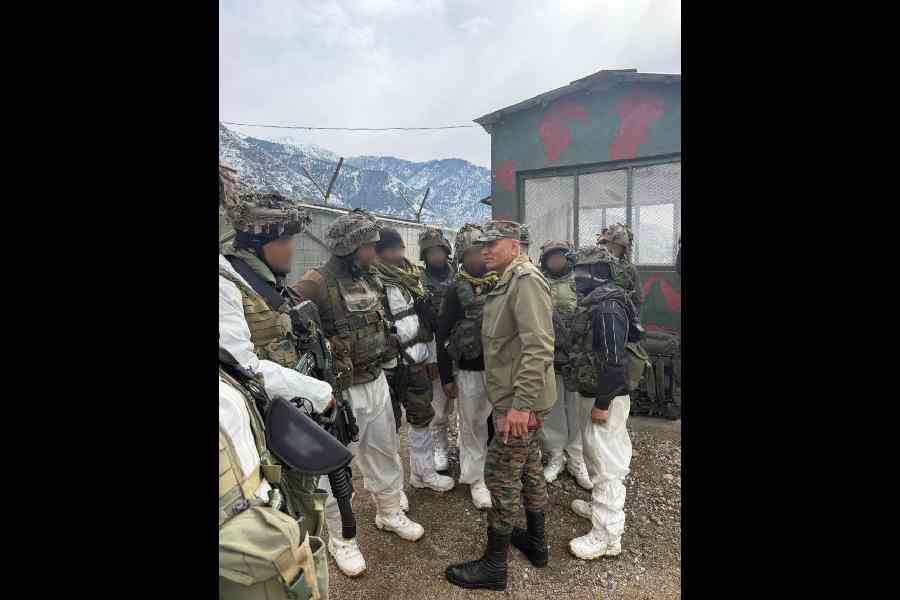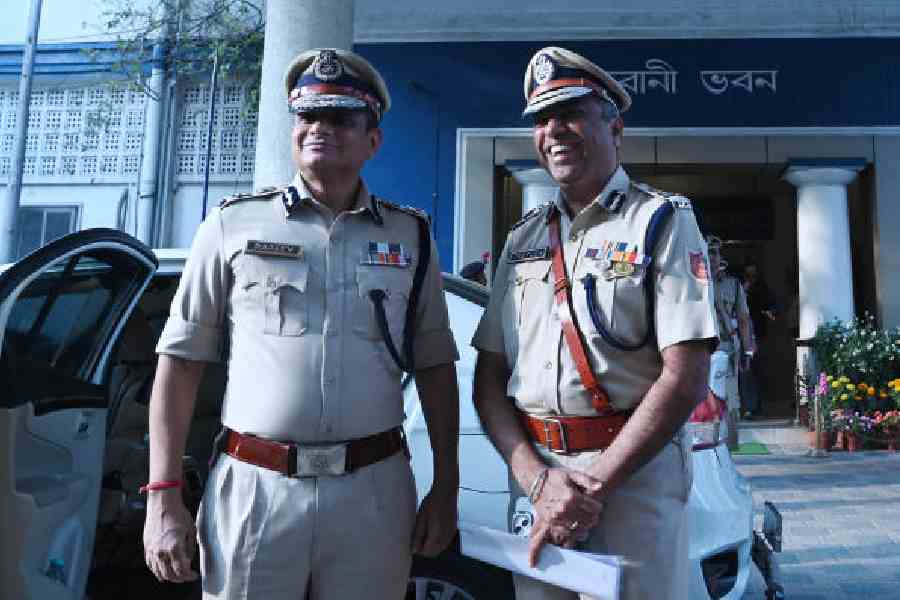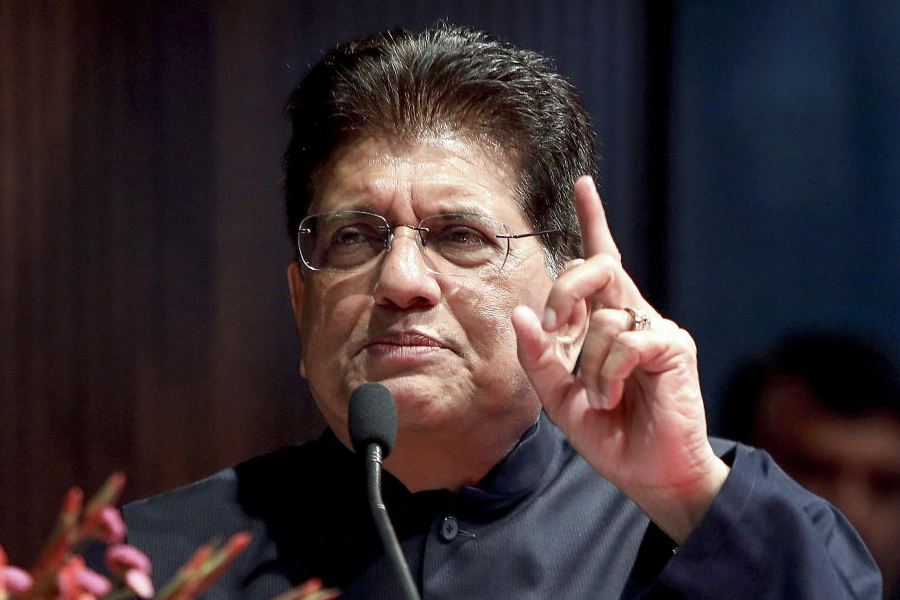Prime Minister Narendra Modi on Monday called for early completion of the Comprehensive Economic Cooperation Agreement (CECA) with Australia, maintaining that it will be crucial for economic relations between the two countries besides economic revival and economic security.
Commenting on the “remarkable progress” made in a very short time while addressing the India-Australia virtual summit, Modi said: “I am confident that the remaining issues will also be agreed upon soon.”
Australia and India launched negotiations for CECA in May 2011. Negotiations were suspended in September 2015 after nine rounds pending the outcome of other multilateral regional negotiations including the Regional Comprehensive Economic Partnership (RCEP) from which India has exited.
In June 2020, India and Australia decided to make a second attempt at CECA. Responding to questions with regard to CECA during a briefing on the virtual summit, foreign secretary Harsh V. Shringla said there have been intense discussions and negotiations since September 2021 when the talks were launched.
“I think both sides believe that there should be a balanced trade agreement for expanded trade and investment flows for the benefit of both our economies. We have made substantial progress in these negotiations…. Both sides are keen to finalise this agreement in view of the benefits that we stand to gain from furthering trade and investment. The Prime Ministers reviewed the situation and it was agreed that we would try and finalise this agreement at the earliest possible opportunity.”
On the possibility of an “early harvest agreement” being signed by the end of this month as suggested by the Australian high commissioner to India, Barry O’ Farrell, on Sunday, Shringla said: “We agreed that both sides would try and work to conclude this at the earliest possible. We hope to sort out the remaining issues and come up with something that would be seen as an outcome on this area.”
On Ukraine, officials said: Australian Prime Minister Morrison was not as forceful as his Japanese counterpart Fumio Kishida was on Saturday during a short visit to India for a summit meeting with Modi. Australia appears to accept India’s position on the Ukraine situation better than the other two members of the Quad — the US and Japan — with Canberra seeing it as a continuation of the Nehruvian legacy of creating a space for resolution of conflicts instead of the politics of condemnation.
Shringla, when asked if Ukraine and China came up during the talks, answered in the affirmative. With regard to Ukraine, he said the two premiers referred to the Quad summit in which the leaders had a fairly clear perspective that the situation in Ukraine should not impact on the Indo-Pacific strategy.
Further, according to the foreign secretary Morrison expressed understanding for India's position on the issue of Ukraine, “which he felt definitely reflected our own situation, our own sort of considerations”.
Stating that there was a clear sense that both sides understood where each came from, he added that there was a great deal of comfort in the fact that both were of the view that “the conflict in Europe should not be a reason for us to divert our attention from the Indo-Pacific region”.
On China, both exchanged perspectives. “Prime Minister did refer to the Line of Actual Control and Ladakh; the incidents of the previous year and he emphasized that peace and tranquillity in the border areas was an essential prerequisite for normalization of relations with China.”
Another key area of discussion pertained to cooperation in the mining sector, particularly joint investments in Australian projects. “We have a shared interest in having collaborations in critical minerals. India, as a manufacturing hub, requires access to critical minerals, and Australia is the repository of a lot of the critical minerals in the world, and that our investments together in this area would strengthen the resilience of supply chains when it comes to critical minerals.”
A significant outcome of the summit was the decision to hold annual summits at the level of the heads of government under the Comprehensive Strategic Partnership. Australia will be the third country with which India will have such an institutionalised annual summit. Though Shringla said a joint statement had been agreed to, it was not released till late night several hours after the meeting had been wrapped up.

